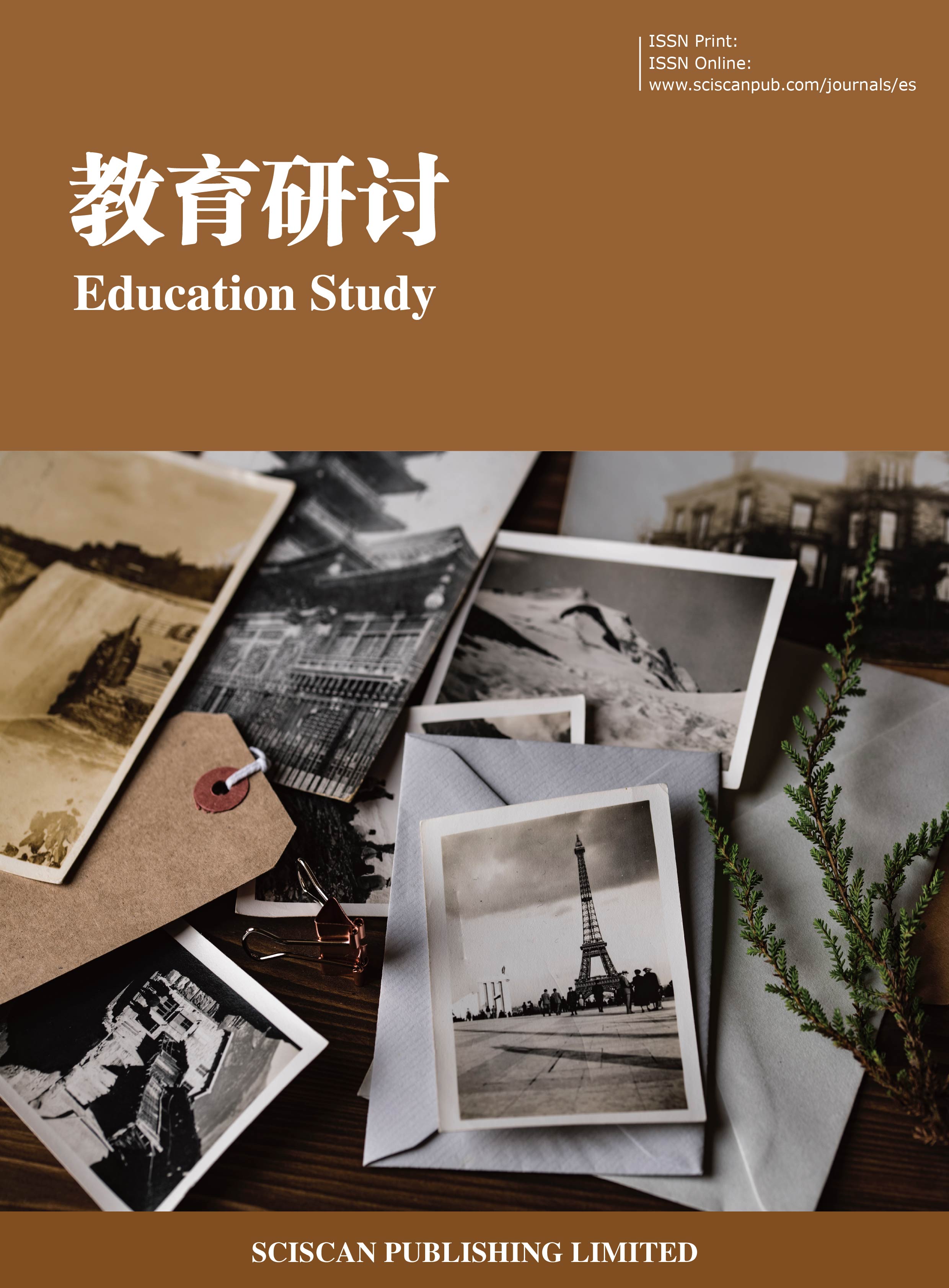Education Study
ISSN Print:2707-0611
ISSN Online:2707-062X
Contact Editorial Office
Subscribe to the latest published information from SCISCAN
重庆市材料产业的产教融合研究与实践——以重庆科技大学冶金与动力工程学院为例
Research and Practice of Industry-Education Integration in Chongqing’s Material Industry: A Case Study of the School of Metallurgy and Power Engineering at Chongqing University of Science and Technology
- Authors: 余大亮 戴庆伟 周雄
-
Information:
重庆科技大学冶金与动力工程学院,重庆
- Keywords: 产教融合;材料产业;校企合作;人才培养
- Industry-education integration; Material industry; University-enterprise cooperation; Talent cultivation
- Abstract: 本文以重庆科技大学冶金与动力工程学院为例,探讨了重庆市材料产业的产教融合现状及实践举措。产教融合作为提升高等教育与产业协同发展的关键途径,能够有效提升人才培养质量,促进产业技术进步。重庆市材料产业作为支柱产业,高校与中冶赛迪、重庆钢铁等知名企业建立了深入合作关系,共建实验室、实施双导师制,并通过课程改革、师资提升等多项措施深化产教融合。然而,产教融合面临着目标不一致、课程滞后、教师工程素养不足等挑战。为此,本文提出了匹配需求、调整课程、提高师资素质等对策,以推动校企深度合作,形成可持续的产教融合生态,助力区域经济和材料产业的高质量发展。
- This paper explores the current status and practical measures of industry-education integration in Chongqing’s material industry, using the School of Metallurgy and Power Engineering at Chongqing University of Science and Technology as a case study. Industry-education integration, as a key approach to enhancing the synergy between higher education and industrial development, effectively improves the quality of talent cultivation and promotes technological advancement in the industry. As a pillar industry, Chongqing’s material sector has established deep collaborations between universities and well-known enterprises, such as China MCC 5 Group and Chongqing Iron and Steel, through joint laboratories, the implementation of a dual-mentor system, and multiple measures such as curriculum reform and faculty development to deepen industry-education integration. However, challenges such as misaligned goals, outdated curricula, and insufficient engineering competence of faculty members still exist. In response, this paper proposes strategies including aligning educational objectives with industry needs, revising curricula, and enhancing faculty capabilities to promote indepth cooperation between universities and enterprises, aiming to establish a sustainable ecosystem of industryeducation integration that supports high-quality development of both the regional economy and the material industry.
- DOI: https://doi.org/10.35534/es.0605228
- Cite: 余大亮,戴庆伟,周雄.重庆市材料产业的产教融合研究与实践——以重庆科技大学冶金与动力工程学院为例[J].教育研讨,2024,6(5):1620-1623.














